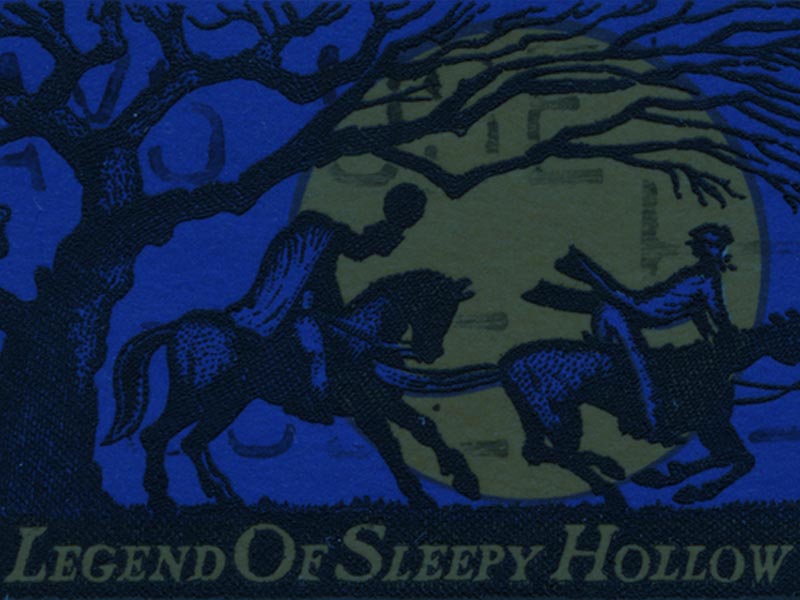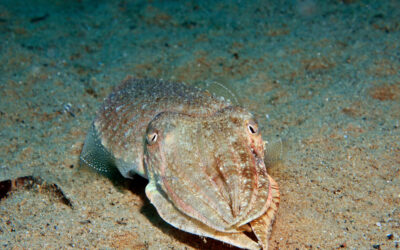The Headless Horseman is a legendary figure primarily associated with Washington Irving’s short story “The Legend of Sleepy Hollow,” published in 1820. The story is set in the fictional village of Sleepy Hollow, near Tarry Town, New York, and follows the tale of Ichabod Crane, a superstitious schoolteacher who encounters the ghost of a Hessian soldier who lost his head during the American Revolutionary War.
The term “Hessian” refers to the German soldiers who were hired by the British to fight during the American Revolutionary War. Many of these soldiers came from the region of Hesse in Germany, which is why they are called Hessians. They were known for their disciplined military training and were often deployed as mercenaries in various conflicts.
In “The Legend of Sleepy Hollow,” the Headless Horseman is described as a Hessian soldier who was killed during a battle. The use of a Hessian as a ghostly figure taps into the fears and animosities of the time, as the American colonies were fighting against British rule, and the presence of foreign mercenaries added to the tension of the conflict.
The Headless Horseman is often depicted as a spectral rider who rides through the woods, seeking his lost head. The story blends elements of American folklore and Gothic horror, exploring themes of fear, jealousy, and the clash between the rational and the supernatural. The Headless Horseman has since become an iconic figure in American culture, representing the enduring allure of ghost stories and the rich tradition of storytelling in the United States.
Related Articles
The Secret Life of Bees—Nature’s Master Pollinators
Bees are far more than just honey producers—they’re vital pollinators that sustain ecosystems and global agriculture. In fact, about 75% of the crops we eat depend on pollination, much of which is...
The History of the Microscope—Revealing the Invisible World
The microscope is a window into worlds we cannot see with the naked eye, revolutionizing science and medicine. Its invention in the late 16th century marked the beginning of an era of discovery. The...
The Science of Camouflage—Nature’s Master of Disguise
Camouflage is one of nature’s most ingenious survival strategies, allowing animals to blend into their environments to avoid predators or ambush prey. But how does it work, and why is it so...





